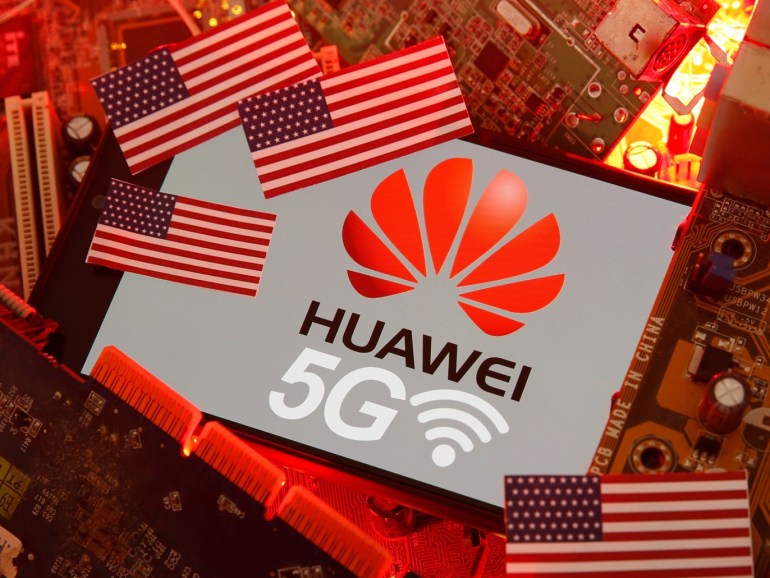Experts told CNBC that President-elect Joe Biden is unlikely to backtrack on President Donald Trump's technology industry and corporate legislation in China, but Biden's approach may be more targeted and cooperative with allies.
During his presidency, Trump sought to challenge China's tech industry with sanctions, executive orders and other measures, and Biden is likely to continue such a policy.
“The bullet has left the room,” Abishur Prakash, a geopolitical specialist at the Center for Future Innovation (CIF), a Toronto-based consulting firm, told CNBC by email, “The bullet has left the room,” adding, “Trump has completely disrupted the status quo that existed between the United States. China has been for decades. "
The Trump administration has taken a number of measures against major Chinese technology companies, an example being Huawei, which last year was placed on a blacklist in the United States known as the "Entity List."
This led to restricting, and in some cases cutting, its access to American technology such as the "Android" mobile operating system from "Google", which is a program on which Huawei smartphones depend.
Sales of Huawei's smartphones were affected as a result, as the United States moved to cut supplies of major semiconductors to the Chinese company.
Semiconductors were the area that the Trump administration focused heavily on. In mid-December, the US Department of Commerce added SMIC to the blacklist, and this company is essential in its contribution to pushing China to be more dependent on Itself in the field of chips.
Huawei was placed on the blacklist last year, which is known in the United States as "Entity List" (Reuters)
Collaborate with allies
"I think the administration will continue to see technology as a major source of competition and will continue some of Trump's approaches to cut off the flow of biotechnology into China," Adam Segal, director of the Digital Policy and Cyberspace Program at the Foreign Affairs Council, told CNBC in an email.
"The difference is that the process will be more collaborative, with both the private sector and allies, and more focused on a narrower set of technologies," he added.
Paul Triolo, president of the Eurasia Group for Geotechnology Consulting, agreed that the Biden administration would work with allies on its strategy regarding Chinese technology.
Triolo told CNBC that the Biden team "will explain what needs to be controlled in areas of emerging and foundational technologies."
Some of these areas will include artificial intelligence and so-called quantum computing, which is the next generation of computing that uses quantum physics to solve problems that today's computers take years to solve.
"Here it is likely that the Biden team preference is to control fewer technologies, but to place high walls around those that are necessary for protection for reasons of national security," Triolo said in an email.
"I expect that the definition of critical control technologies for national security reasons will be more clear under the Biden administration than it was under Trump," he added.
Abishur Prakash believes Biden will likely continue to push Trump to exclude Chinese vendors from 5G mobile phone networks around the world.
The Trump administration has been pressing allies to stop Huawei equipment from its networks.
Australia, Japan and the United Kingdom have taken effective steps in this regard.
The geopolitical specialist said Biden may "reset" the blacklisting of Chinese companies or some export controls, while also looking to innovate in terms of his approach in other areas such as databases for mergers and acquisitions.
One thing is certain: the technical battle between the United States and China will continue under Biden.
"The United States does not have many options. Either it allows China to dominate the world with technology or challenges it," Prakash added.

